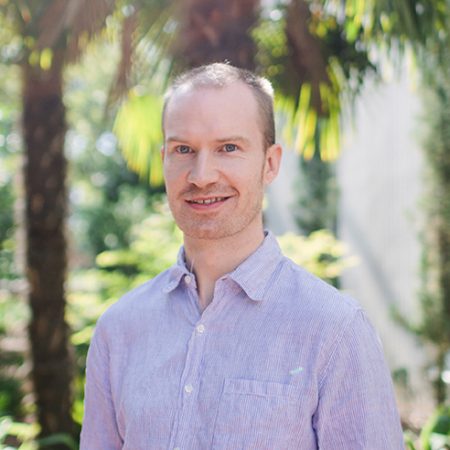
On Feb. 3, the Iowa Caucuses will formally kick off the 2020 electoral season. In addition to gubernatorial and state houses, seats in the U.S. Senate, House of Representatives and the presidency are up for grabs this year.
The shifting political and media landscape coupled with the growing influence of social media, means clarity and perspective are as important as ever. Experts at Florida State University are ready to provide both by cutting through the noise and illuminating the answers. Their insights can help to make sense of what promises to be a hectic and historic year in American electoral politics.
VOTING BEHAVIOR AND TRENDS
Matt Pietryka, assistant professor, Department of Political Science
(530) 574-6175; mpietryka@fsu.edu
Pietryka’s research focuses on understanding how the social and political contexts of life influence the political attitudes and behavior of individuals. In particular, he studies how political discussion with friends and family can affect individual political behavior.
“I study individual-level political decision making. I can discuss why citizens support various candidates and how they decide whether to vote or abstain.”
Hans Hassell, assistant professor, Department of Political Science
(850) 644-5727; hans.hassell@fsu.edu
Hassell’s research focuses on political institutions and specifically on political parties and their role in electoral politics.
“The Democratic Party nomination contest this election cycle provides clear insights into the changing nature of politics in the United States. The rise in the number of presidential candidates in recent years results from divisions within the party coalitions and from easier access to vital campaign resources – money and media – that were not present in previous election cycles. The Democratic nomination is reflective of changes and rising divisions within parties in our increasingly polarized political system.”
Carol Weissert, LeRoy Collins Eminent Scholar and Chair of Civic Education and Political Science, Department of Political Science
(850) 644-7320; cweissert@fsu.edu
Weissert studies federalism, state politics and health policy.
“Partisan politics will continue to define our presidential elections, which could also see security threats, distrust of government and competitive efforts to turn out each party’s base. Florida will once again play a key role in the presidential outcome and very likely one that will once again be extremely close. I am happy to talk about Florida’s role in this election.”
Deana Rohlinger, professor, Department of Sociology
(850) 644-2493; drohling@fsu.edu
Rohlinger researches mass media, political participation and politics in America.
“When the smoke from the 2020 presidential election clears, the U.S. will have a president. But, no matter who wins, the ability of citizens to discuss political issues is bound to take a beating.”
THE ECONOMY
Mark Isaac, Quinn Eminent Scholar Professor, Department of Economics
(850) 644-7081; misaac@fsu.edu
Isaac can discuss the national economy as it relates to energy policy and the economics of government regulation.
ELECTIONS AND CONSTITUTIONAL LAW
Michael T. Morley, assistant professor, College of Law
(850) 644-2579; mmorley@law.fsu.edu
Morley teaches and writes in the areas of election law, constitutional law, remedies and the federal courts.




